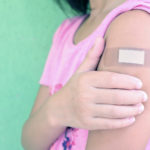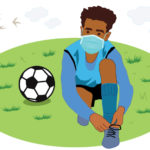Care for post-COVID symptoms helps get figure skater back in the rink
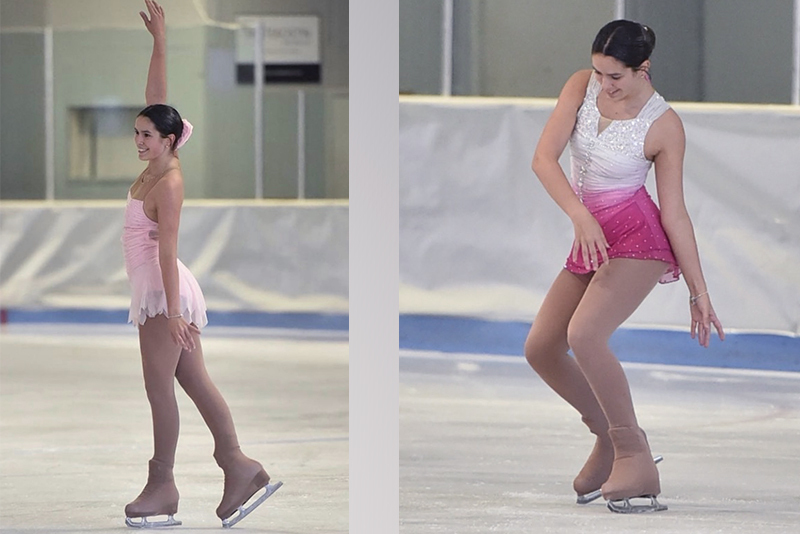
Drew Kenney is no stranger to the ice. As a local and national competitive figure skater, the 16-year-old executes double salchows, double flips, and axels with ease. So when she began to feel winded — and then started falling — at the rink last fall, she knew something was wrong.
“At first we thought she was just out of practice because competitions were on hold during the pandemic,” says her mom, Diane. But when her energy and form didn’t improve, the family knew it was time to see a doctor. That began a months-long journey for answers that ultimately ended at Boston Children’s Hospital. There, Drew learned that the pandemic had indeed affected her performance — just not in the way her parents suspected.
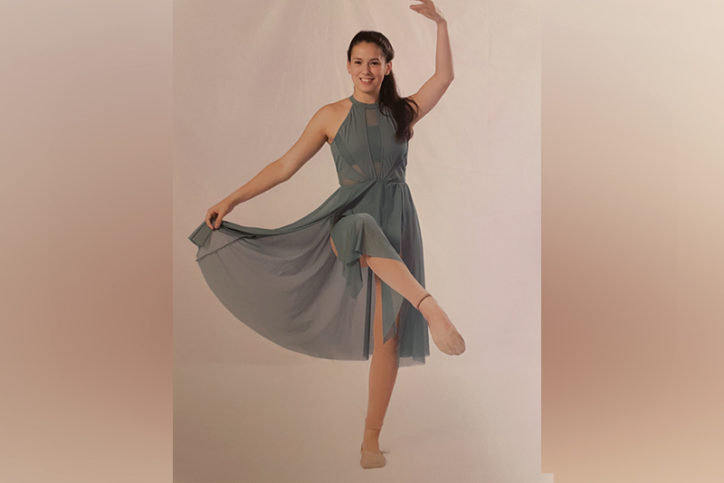
Mysterious symptoms
On March 12, 2020 — a day before the world shut down — the Kenney household was already grappling with COVID-19. In those early days of the pandemic, only Drew’s brother and father qualified for testing, but it was clear that the whole family was sick. Fortunately, Drew’s symptoms were very mild, although she continued to feel “off” into April. “My sense of smell and taste were gone, I was tired all the time, and my muscles hurt,” she remembers.
By August, it was clear that something was going on with Drew’s health. The protein shakes, high doses of vitamin D, and other approaches hadn’t helped, and blood tests were inconclusive. In fact, Drew was only feeling worse: Her chest hurt and she had a recurring fever. At practice, she was missing jumps and was so exhausted that her coach sometimes had to help her off the ice. She worried she would have to give up skating. “The route we were on was terrible,” says Diane. “As a mother, I was in panic mode.”
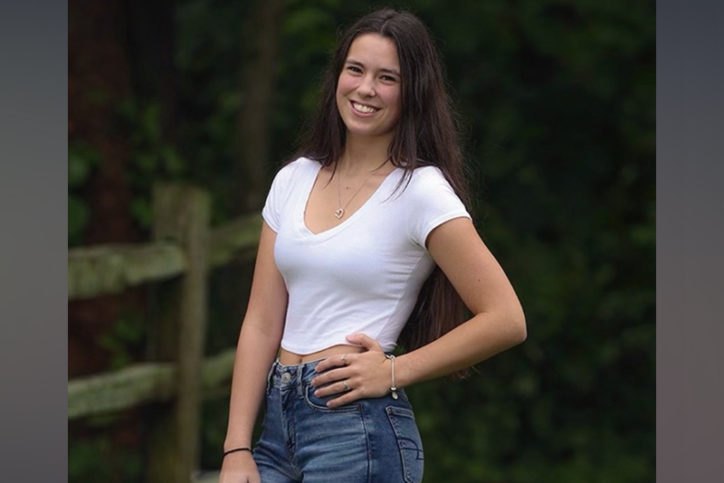
Finally, answers
A cardiology workup didn’t identify any problems with Drew’s heart. Around the same time, doctors were learning more about post-COVID syndrome (also called “long COVID”), the presence of certain symptoms that linger long after someone has recovered from COVID-19. Because her symptoms seemed similar to those of post-COVID syndrome, she was referred to Boston Children’s new Post-COVID Clinic in October 2020.
Drew’s skating suffered before treatment for her post-COVID symptoms.There, a team of specialists led by infectious disease specialist Dr. Alicia Johnston met with Drew and her mother — typically through virtual visits — to evaluate her health. They determined that Drew’s symptoms were almost certainly the result of her bout of COVID-19 months earlier. The good news: Pulmonologist Dr. Kenan Haver did not find any evidence of irreversible lung damage, and her respiratory issues could be treated with inhalers.
“The team at Boston Children’s was dedicated to finding out the cause of Drew’s symptoms and treating it,” says Diane. “It was such a relief to finally have answers.”
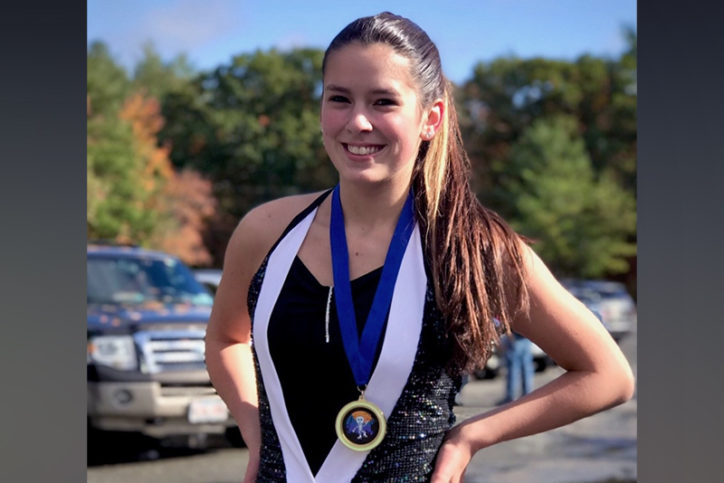
A light at the end of the tunnel
Today, Drew is feeling much better — and it shows in her skating. She’s back to bringing home the gold, and hopes to compete in the State Games of America in Iowa next year. Her worst post-COVID symptom is now chronic headaches, for which she sees neurologist Dr. Molly Wilson-Murphy. “We don’t know how long Drew’s symptoms will last or how long she’ll need treatment,” says Diane. “But we feel there’s finally a light at the end of the tunnel.”
Now Drew is back to skating like herself.As for Drew, she wants other kids with post-COVID symptoms to know that there is hope. “It’s not your fault that you don’t feel well or can’t do the things you normally would,” she says. “It can be hard when you don’t know what’s going on with your body, but there is help. Just try to stay positive.”
Learn more about the Post-COVID Clinic.
Related Posts :
-

Boston Children’s post-COVID clinic cares for those with lasting symptoms
One teenager complains of chronic muscle pain. Another child feels too exhausted to go to school or play sports. Still ...
-

Covid variants 101: What parents should know
First came Alpha, then Beta. It’s all about Delta right now, but Mu is already making headlines. You almost ...
-

COVID vaccines are here for kids ages 5 to 11. Here’s what families should know.
On November 2, 2021, the U.S. Centers for Disease Control and Prevention (CDC) signed off on the use of the Pfizer-BioNTech ...
-

Could returning to sports after COVID-19 harm kids’ mental health?
After a year away from playing, athletes everywhere are excited to jump back into the sports they love. And for ...




